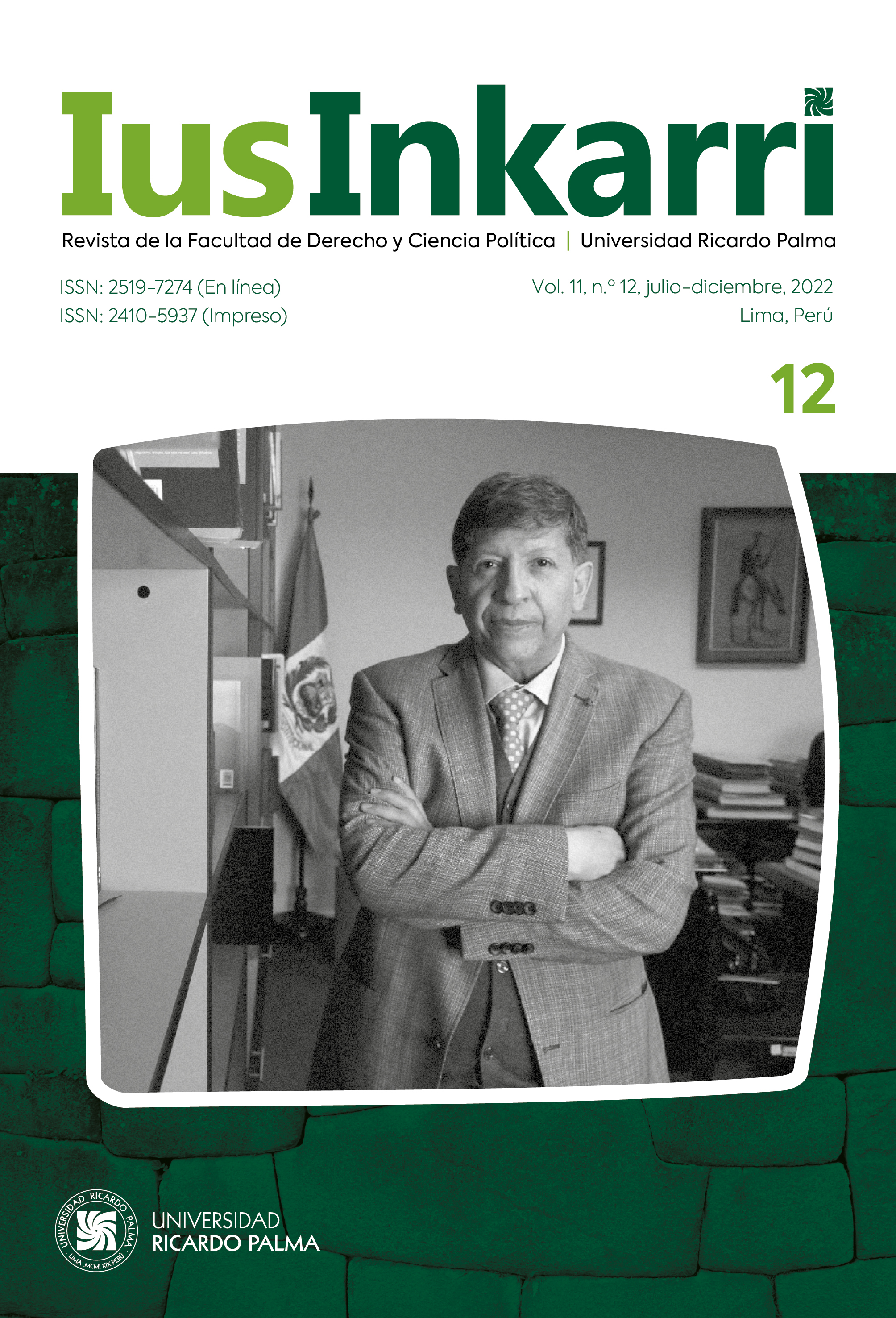The dataist as an ideology
DOI:
https://doi.org/10.59885/iusinkarri.2022.v11n12.04Keywords:
data, dataism, domination, liberation, democracy, humanism, oligopoly, plutocracy, network, algorithmic, structural grabAbstract
The central theme of this article is to explain that dataism is an ideology that can be imposed on humanity in the very short term. This situation would affect democracy not only as a form of government, but also as a way of life, and humanism as a worldview, moral and cultural value. This is because data scientists believe that human beings are sophisticated biochemical algorithms, but also because oligopolistic companies and plutocratic elites, who control data through the network, will accumulate and concentrate a great deal of power as never before in history, and as we know, what most affects democratic life and the freedom of human beings is the concentration of power in a few elite minorities. As we say in this work, the dominant elites have always used data as a means to dominate, to impose their ideology and the structures created for that purpose. Through the political science of liberation, we propose that we must free ourselves from the «structural grip» of dataism that wants to implement a datocentric culture, defending and deepening democracy so that citizens have free and full access to information, as well as the right to protect the privacy of the data we use on the network. It is our belief that we must respond to dataism not only by deepening democracy, but also through a humanist discourse, promoting an anthropocentric culture. Then, if this is not achieved, a minority of experts and specialists in information and communication technologies (ICT) and cybernetic oligopolistic plutocrats will dominate the world through their gigantic technological companies, which will penetrate our lives as if they were totalitarian states. Then we will be alienated from dataism, as throughout history human beings have been alienated from their creations, only in this case the alienator will be more powerful than any other, it will be robotics. Finally, it should be explained that we are not opposed to the use of data to inform us, nor to robotics in itself; what we question is that they become instruments of domination. Data can also be used to liberate, and robots can be programmed to serve all human beings.
Downloads
References
Benson, O. (1974). El laboratorio de ciencia política. Amorrortu. Chávez de Paz, D. (2020). Teoría y práctica de la investigación social. A&C Ediciones Jurídicas.
Dussel, E. (2009). Política de la liberación. Trotta.
Grawitz, M. y Lecca, J. (1985). Traité de science politique. Presses Universitaires de France.
Harari Yuval, N. (2017). Homo Deus. Debate.
Harari Yuval, N. (2018). 21 lecciones para el siglo XXI. Debate.
Kaiser, B. (2019). La dictadura de los datos. Harper Collins.
Miró Quesada, F. (2019). Ciencia política de la liberación. Editorial Universitaria.
O’Neil, C. (2017). Armas de destrucción matemática. Capitán Swing; Phillips Peter.
Tepper, J. (2020). El mito del capitalismo. Roca Editorial.
Real Academia de la Lengua Española (2022a). Dato. En Diccionario de la lengua española. https://dle.rae.es/dato?m=form
Real Academia de la Lengua Española (2022b). Algoritmo. En Diccionario de la lengua española. https://dle.rae.es/algoritmo
Rendueles, C. (2020, 16 de mayo). Byung-Chul Han: «El dataísmo es una forma pornográfica de conocimiento que anula el pensamiento». El País. https://elpais.com/cultura/2020/05/15/babelia/1589532672_574169.html?outputType=amp
Runciman, D. (2019). Así termina la democracia. Paidós.
Published
How to Cite
Issue
Section
License
Copyright (c) 2022 Francisco Miró Quesada Rada

This work is licensed under a Creative Commons Attribution 4.0 International License.













